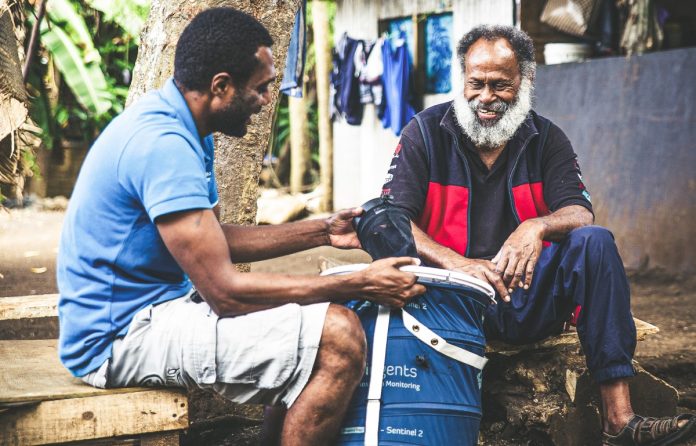An Australian project which “all but eliminated dengue fever” in Far North Queensland has been successfully extended to Fiji, Kiribati and Vanuatu.
The programme uses a naturally occurring bacteria called Wolbachia that modifies the ability of mosquitoes to carry the dengue virus. If the mosquitoes can’t carry the dengue virus, then they can’t transmit it between susceptible humans.
Wolbachia-carrying mosquitoes were released in the three Pacific Island states over the past few years and the latest research shows they have come to dominate the local mozzie population. It’s a step towards eliminating dengue, and while initial public health assessments suggest that the incidence of outbreaks has reduced, longer term monitoring is needed to demonstrate the positive outcome.
The project is run by the World Mosquito Programme (WMP), a not for profit operated by Monash University in Melbourne.
Dengue fever or dengue virus infection is an illness with symptoms that are like a bad case of the flu. It’s caused by a virus carried by mosquitoes. These mosquitoes are mainly found in: Asia, Africa and South America.
The dengue-free mosquitoes were bred with the Wolbachia bacteria, says Cameron Simmons, an infectious disease scientist at Monash University and WMP’s Director of Global Implementation. The bacteria is passed on from generation to generation.
“It is not like an infectious disease among mosquitoes,” Simmons told Cosmos. “It doesn’t spread horizontally between mosquitoes like a sexually transmitted disease. Wolbachia very cleverly manipulates reproductive outcomes, so that over time, Wolbachia-carrying mosquitoes replace the local wild type population.
“Wolbachia is a bacteria that only lives inside the cells of insects. It can’t survive outside and can’t infect mammals or anything else.
“We transferred that into the Aedes aegypti mosquito, which doesn’t naturally carry Wolbachia, and what we discovered was that the mosquito is much more resistant to being infected with dengue virus or chikungunya virus or a Zika virus.”
Dengue fever is particularly dangerous for babies and children. In 2022 in Timor Leste there was a deadly outbreak that resulted in more than 50 deaths from 4787 cases. Nearly 90% of the victims were under 14.
“Most of the deaths in Southeast Asia occur in kids, well, children and young adults,” says Simmons.














